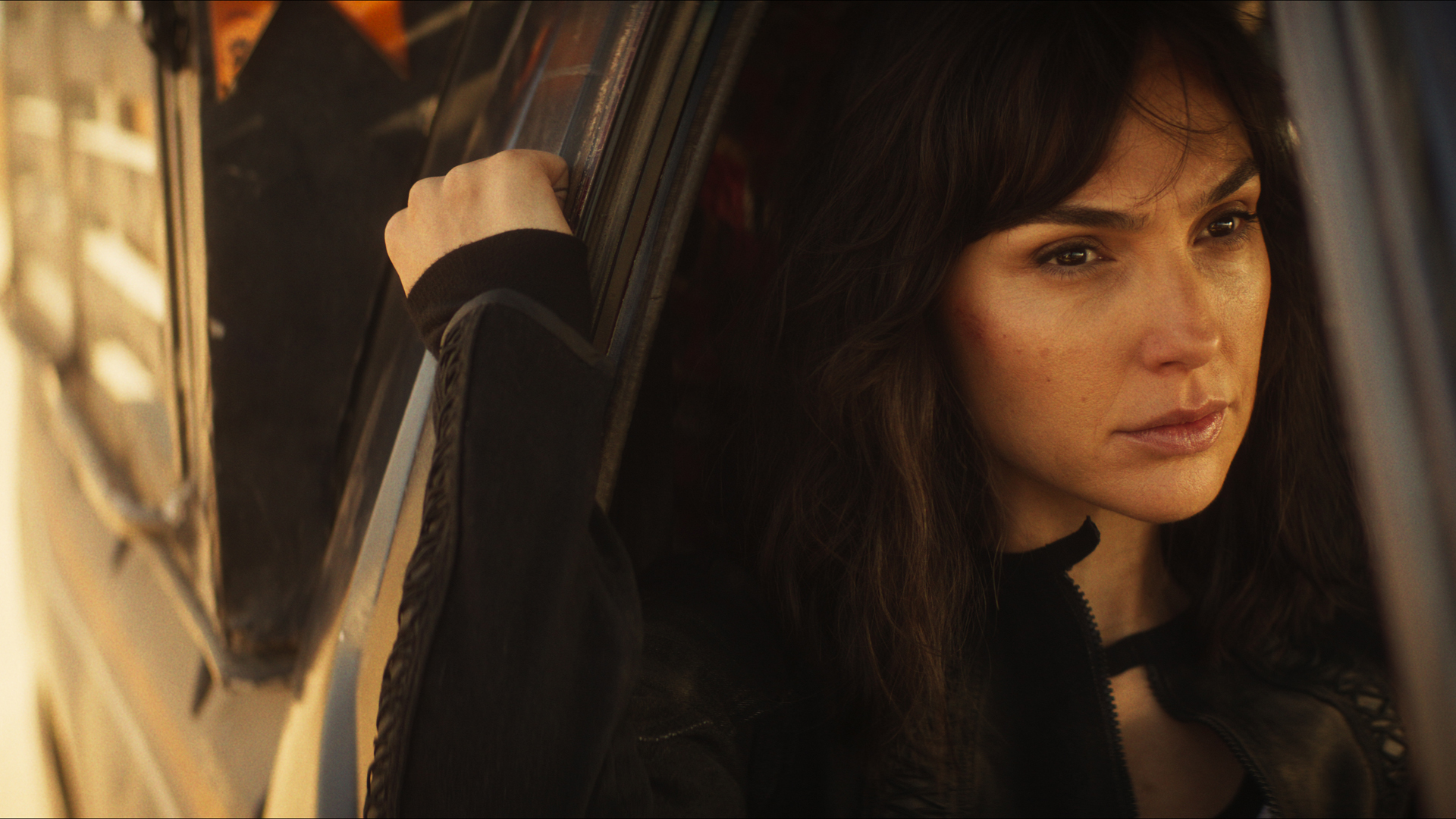
Editor’s note: this interview preceded the SAG strike, which began on July 14.
Tom Harper can’t help but wryly smile about the timely nature of his new feature film. Heart of Stone, the Netflix action movie Harper directs, is a far cry from the period dramas – Peaky Blinders, War & Peace, and The Aeronauts to name three – he’s known for.
Indeed, the Gal Gadot-starring flick’s modern-day setting and technology-rich world mean Heart of Stone has more in common with Jason Bourne and James Bond than the aforementioned trio. And, with its sharp focus on the rise and potential perils of artificial intelligence (AI), Heart of Stone’s forthcoming release couldn’t have been timed better.
“That’s one of the things I love about films,” Harper tells TechRadar. “We didn’t plan for this to be as timely as it was. But the conversation over the last three years, since we’ve been developing this film, has become increasingly relevant, and it’s important we address it.
A rock and a hard place
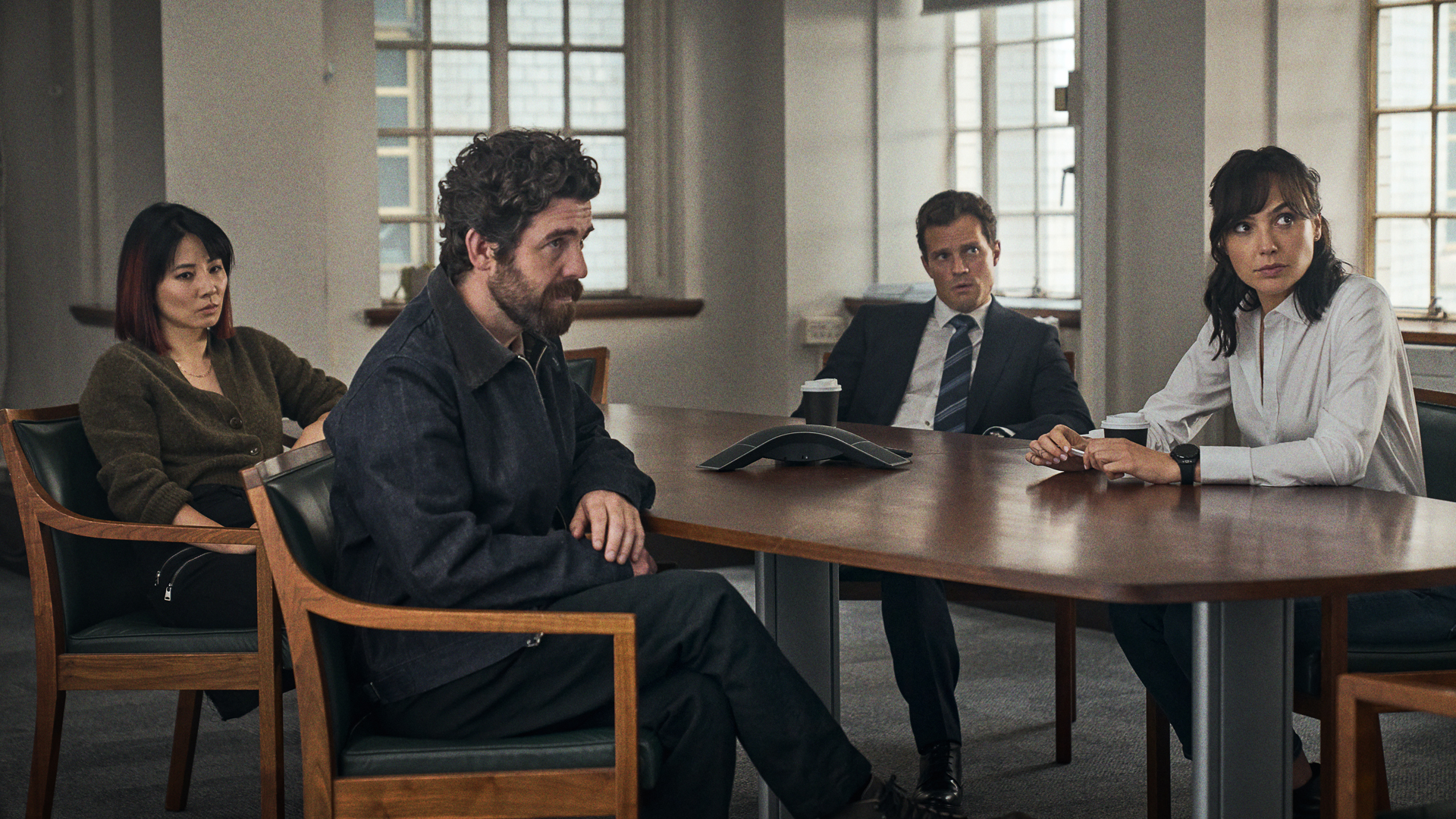
Heart of Stone stars Gadot as Rachel Stone, a seemingly inexperienced tech operative and member of an elite MI6 team headed up by lead agent Parker (Jamie Dornan). Unbeknownst to her colleagues, Stone is a skilled secret agent who works for the Charter – a covert peacekeeping force that uses cutting-edge AI, dubbed the Heart, to neutralize global threats.
When mysterious hacker Keya Dhawan (Alia Bhatt) derails an MI6 mission that Stone is on, Keya sets a chain of events in motion that jeopardizes the Charter’s entire operation. Oh, and potentially leads to the Heart falling into the wrong hands. It’s up to Stone to prevent that from happening, and save the world in the process.
As the oddball tech genius in charge of the Heart, the aptly named Jack of Hearts (Matthias Schweighöfer) is Stone’s chief Charter-based point of contact. An employee married to his job, Jack – whose real name is a mystery to all, including Stone – utilizes the powerful AI device to keep the organization’s field agents two steps ahead of the game. Given how closely he works with it, Jack understandably becomes attached to the Heart.
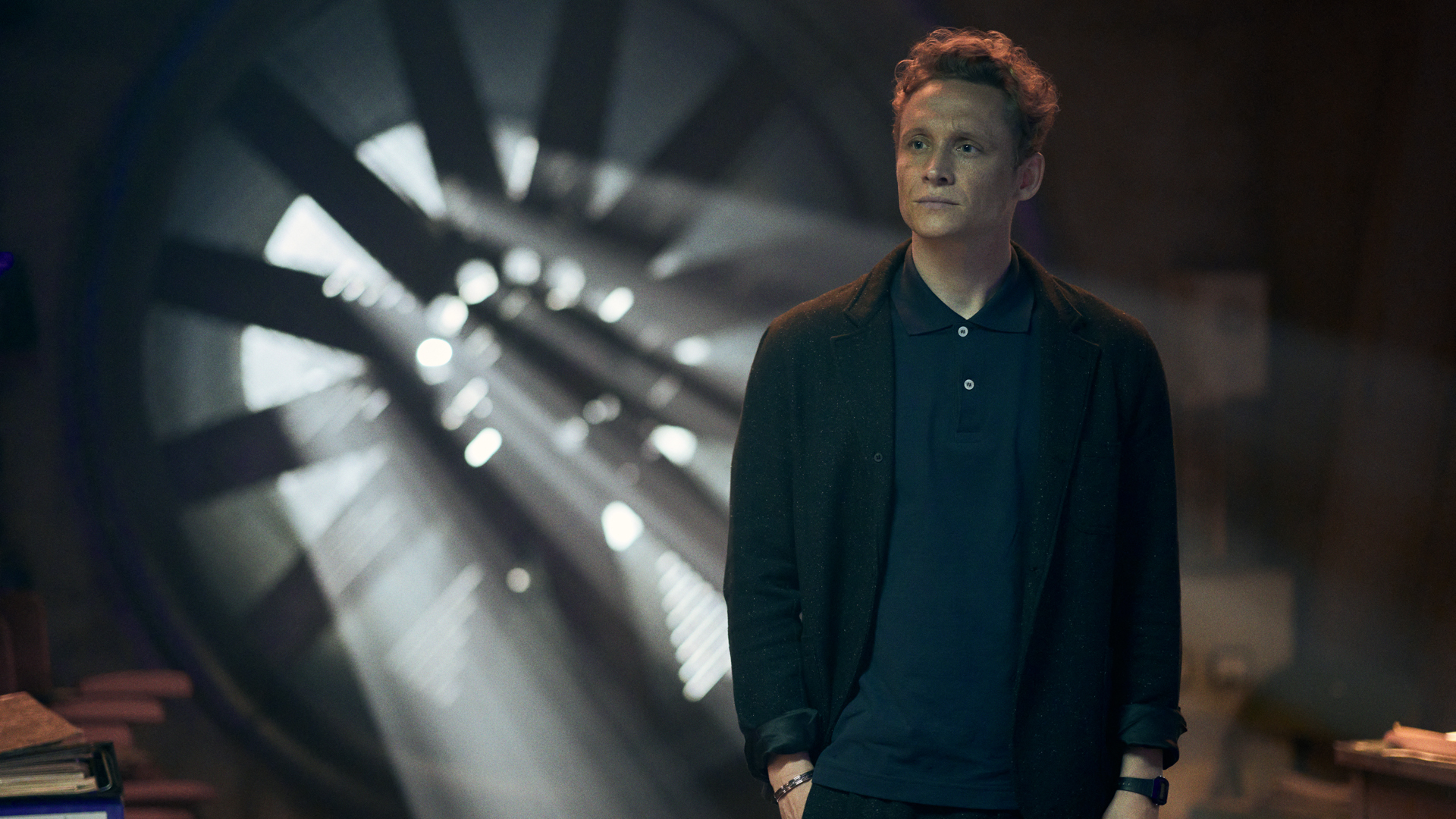
Even though Jack works in close proximity to the Heart, though, Schweighöfer doesn’t view the pair’s relationship as anything more than functional – so viewers shouldn’t expect romance to blossom between them in a similar fashion to 2013 sci-fi romantic drama Her, which saw Joaquin Phoenix’s Theodore fall for AI virtual assistant Samantha (voiced by Marvel alumnus Scarlett Johansson). Still, considering the intimacy and intensity of his relationship with the Heart, it’s clear that if the relationship was severed, Jack would be left with conflicting emotions.
“When I read the script and started preparing for the role, what I saw was a guy who never had what you’d describe as a typical human relationship with a computer,” Schweighöfer explains. “He’s with the Heart 24/7, so there’s some form of affection there, but the foundation for the character was that he wouldn’t develop romantic feelings for it. That said, Tom and I talked about what might happen if they were separated. How would Jack react? Would he be bereft over them parting? We still wanted to give that bond some humanity, even if the Heart isn’t self-aware and cognizant of its omnipotence.”
Rise of the machines
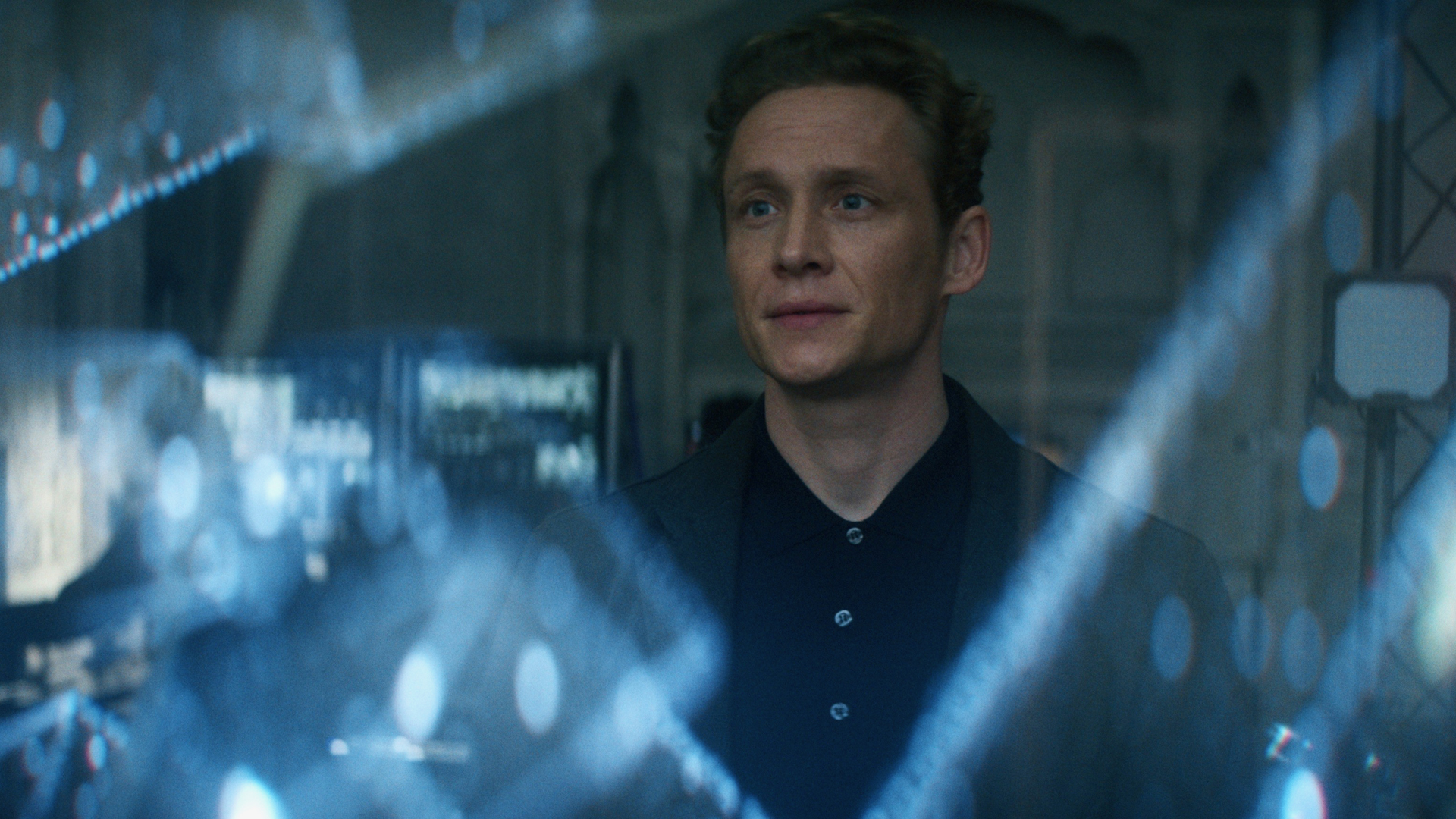
With its pervasive and virtually unlimited capabilities – it can access a person or company’s entire online history – the Heart would be an incredibly potent tool in the wrong hands. Its potential use as a weapon, then, is a suitably fitting theme for Heart of Stone to explore, particularly in light of the growing concerns surrounding AI in the real world – something Mission Impossible 7 also examined earlier this year.
From AI-powered tools like ChatGPT and Google Bard to its use in the medical industry, AI is becoming an increasingly prevalent fixture in our everyday lives. And, while the positives currently outweigh the negatives, the lack of regulation – or, rather, the slow-moving and piecemeal legislation that’s been considered by governments and lawmakers thus far – mean that might not be the case for long. Okay, we’re not remotely close to a Terminator-style rise of the machines situation. But, with AI-driven technology already being utilized in combat scenarios, such as lethal autonomous weapons (also known as ‘killer robots’), the plausible risks to humanity’s survival are abundantly evident.
Technology is increasingly part of our lives, particularly AI
Tom Harper, Heart of Stone director
From a non-world-ending perspective, even Netflix has built its unparalleled success on artificial intelligence-fronted technology. The world’s best streaming service employs machine learning to tailor each member’s experience to their needs. Whether it’s recommending a new movie or TV show for specific users to watch next based on their viewing habits, or optimizing audio and video output across an individual’s range of devices, Netflix depends on AI to give customers an ideal viewing experience.
It’s Netflix’s increasing reliance on AI, though, that equally threatens the very fabric of the entertainment industry. Currently, the Writers Guild of America (WGA) and Screen Actors Guild (SAG-AFTRA) are striking over numerous issues in Hollywood. Chief among the WGA’s concerns are that AI tools like ChatGPT could replace showrunners and writers’ rooms. For SAG-AFTRA, its members fear studios will scan their faces and bodies, before digitally recreating actors for free on any project they want. The WGA and SAG-AFTRA argue these scenarios would see studios save millions of dollars on each production, and put their members out of work.
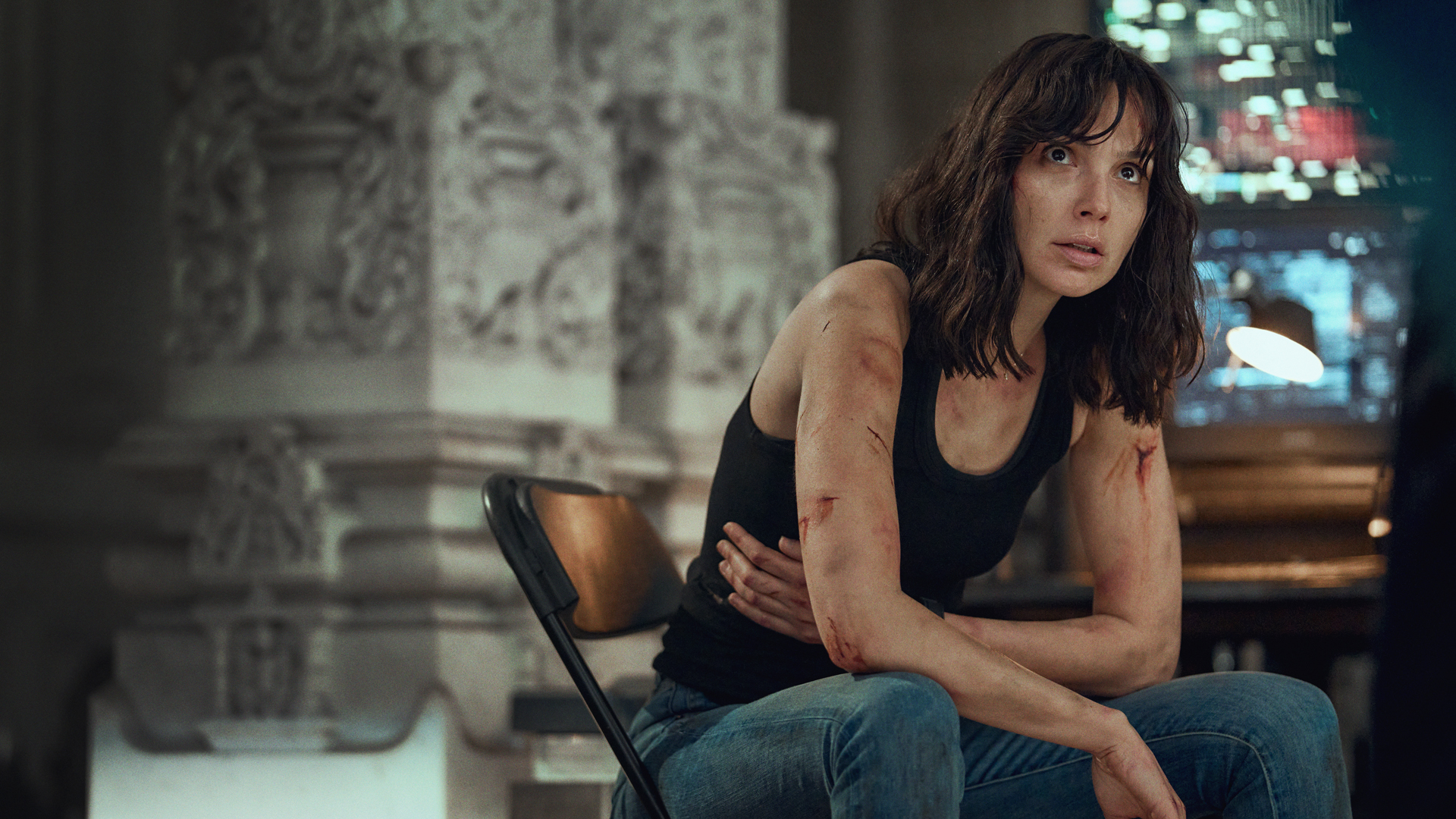
Hollywood’s biggest players, which have been represented by the Alliance of Motion Picture and Television Producers (AMPTP) during negotiations, are refusing to bow to the unions’ demands. That includes Netflix, which is reportedly one of the biggest studios opposing the WGA and SAG-AFTRA’s demands.
Recently, Netflix even posted job adverts for AI-related positions, including a Product Manager and Machine-Learning Scientist (per The Independent), with annual salaries ranging from $150,000 to a mind-boggling $900,000. Disney, too, is reportedly creating an AI task force to cut costs across many of its divisions (per Reuters). Unsurprisingly, those partaking in the industry’s historic strike have reacted angrily to Netflix’s and Disney's tone-deaf job proposals.
So while Heart of Stone positions itself as an entertainment-first movie, Harper believes that studios and creatives alike are duty bound to examine such complex and nuanced subjects through their medium. First and foremost, Harper trusts that audiences will enjoy the high-stakes, spy-based action that this new Netflix movie offers. Once the credits have rolled, however, the movie’s director hopes viewers will leave theaters thinking about the themes it addresses and the issues it raises. But beyond that, Harper also expects audiences and studios to re-evaluate their own thoughts on the potential perils surrounding – and, in some instances, contradictory uses of – AI.
“Movies reflect the themes of the moment and cover conversations people are interested in,” he says. “Ostensibly, this is an action film that’s made to entertain. But, for audiences to have a good time with, they need to resonate on deeper, thematic and character-based levels.
“Technology is increasingly part of our lives, particularly AI. So how does our relationship with it evolve? How do we manage it moving forward? How do we use it as a great asset and, at the same time, ensure that we protect [ourselves] against potential dangers it presents? That’s what Heart of Stone asks of its audience, and I hope people walk away from it with a greater understanding of AI and how, as a society, we need to meet its challenge head on.”
Heart of Stone will be released exclusively on Netflix on Friday, August 11.







